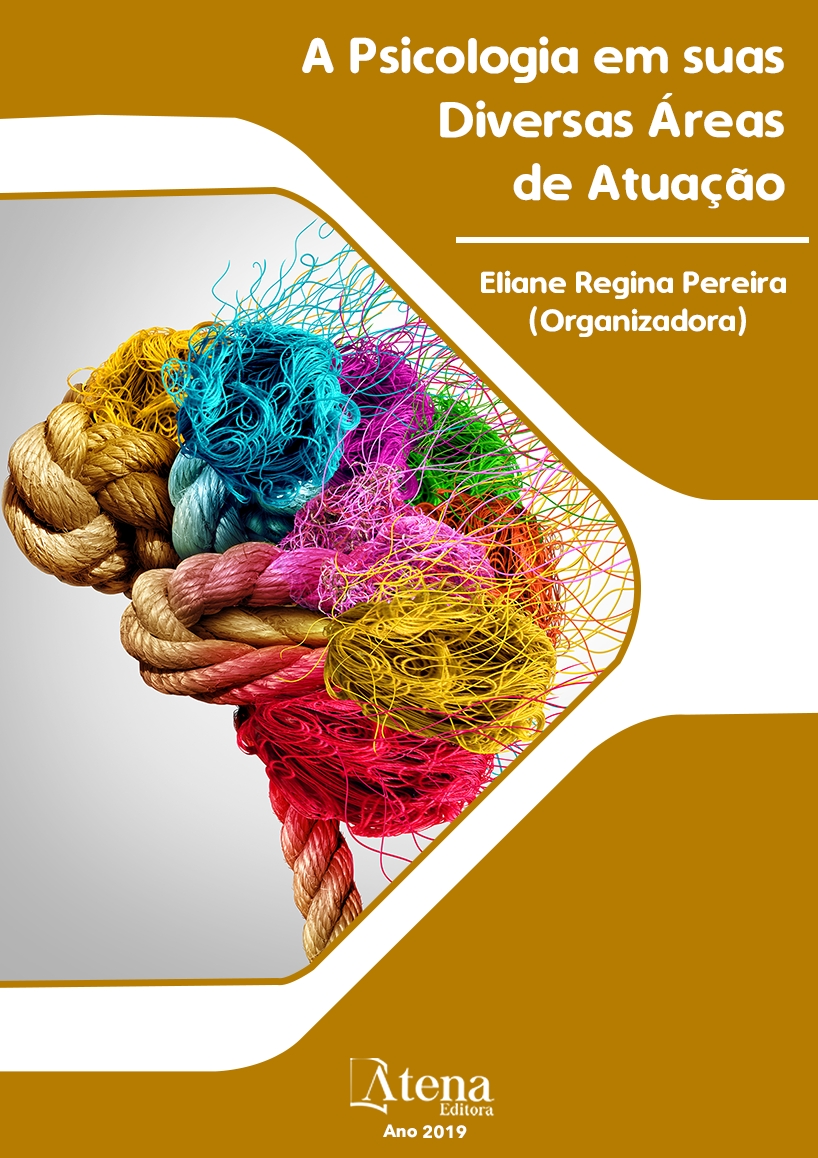
Relações Familiares e a Dependência Química
A dependência química é
compreendida pelo uso abusivo de substâncias
químicas e psicoativas. Neste contexto a família
ocupa vários papéis, onde muitas vezes é a
mesma que apresenta a substância ao sujeito;
a família também faz parte do processo da
terapêutica, sendo a primeira a sofrer com as
consequências do comportamento adquirido
pelo uso abusivo, pois a dependência trará
prejuízo não apenas ao dependente, mas sim
para o círculo familiar. Ressalta-se que a família,
também pode ser um dos fatores que predispõem
a recaída, devido a sua inabilidade em lidar com
o comportamento do dependente. Diante disso,
o objetivo do presente artigo foi conhecer como
é realizado o trabalho do psicólogo, enfermeiro
e psiquiatra do Centro de Atenção Psicossocial
Álcool e Drogas, e quais os recursos utilizados
para atender esse público. A pesquisa foi de
caráter qualitativo e exploratório, por meio de
entrevistas estruturadas. Foi possível perceber
que o trabalho multidisciplinar é importante
para um entendimento completo do indivíduo,
para posteriormente confeccionar o Plano
Terapêutico Singular. Os psicólogos trabalham
com a autonomia, autoestima, mudança
de comportamento, socialização, questões
emocionais e sociais do sujeito, além de
preparar a pessoa para a alta. Como a equipe
é multidisciplinar, procura-se abordar vários
aspectos do indivíduo, por meio de terapêuticas
ocupacionais, como curso de artesanato,
grupos com a família, visitas domiciliares,
esportes e quando necessário atendimento
psicológico individual. Constatou-se que o
trabalho multidisciplinar junto ao dependente
e a família é determinante no enfrentamento a
recaída e a abstinência.
Relações Familiares e a Dependência Química
-
DOI: 10.22533/at.ed.36919231012
-
Palavras-chave: Dependência química. Relações familiares. Multidisciplinar.
-
Keywords: Chemical dependence. Family relationships. Multidisciplinary.
-
Abstract:
Chemical dependency is
understood by the abusive use of chemical
and psychoactive substances. In this context
the family occupies several roles, where it is
often the same that presents the substance
to the subject; the family is also part of the
process of therapy, the first to suffer from the
consequences of the behavior acquired by
abusive use, as the dependence will bring injury
not only to the dependent, but to the family
circle. It is emphasized that the family may also
be one of the factors that predispose to relapse
due to its inability to deal with the behavior of the dependent. Therefore, the objective
of this article was to know how the work of the psychologist, nurse and psychiatrist of
the Center for Psychosocial Care Alcohol and Drugs is carried out, and what resources
are used to attend this public. The research was qualitative and exploratory, through
structured interviews. It was possible to perceive that the multidisciplinary work is
important for a complete understanding of the individual, and later to make the Unique
Therapeutic Plan. Psychologists work with autonomy, self-esteem, behavior change,
socialization, emotional and social issues of the subject, and prepare the person for
discharge. As the team is multidisciplinary, it seeks to address various aspects of the
individual, through occupational therapies such as handicrafts, family groups, home
visits, sports and when necessary individual psychological care. It was verified that
the multidisciplinary work with the dependent and the family is decisive in coping with
relapse and abstinence.
-
Número de páginas: 15
- Gabrielly Aparecida Borges dos Santos


